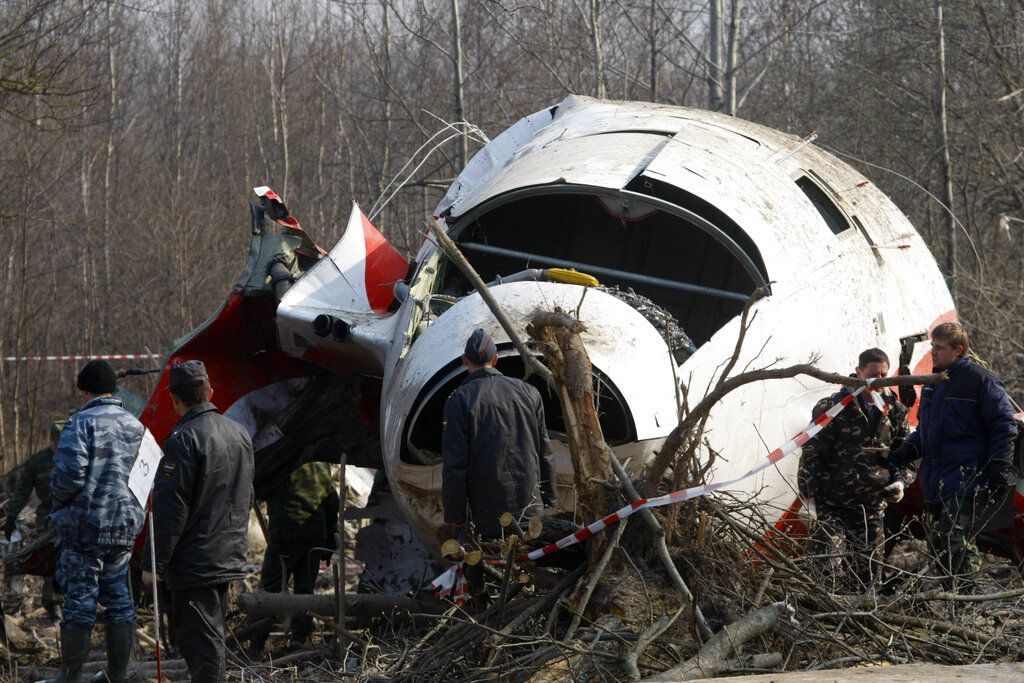This year’s anniversary of the Smolensk tragedy was particularly unusual given the Easter holiday, which made the commemorations even more subdued. However, against the backdrop of the Resurrection, the significance of this Polish tragedy resonates particularly strongly. After all, the deaths were not in vain.
Poles drew conclusions and began taking their state more seriously. They realized that geopolitical challenges cannot be entrusted to frivolous individuals who view them as a means to build their own careers. Of course, the election is not a one-time decision but one that must be continuously renewed, as it will be this fall.
The anniversary of Smolensk is also noteworthy because Russian aggression against Ukraine shed new light on the tragedy.
Now we know that Putin is capable of anything. He kills and murders those he deems to be obstacles in the way of his imperial plans. He has long intended to subordinate the area of the former Soviet Union, then Central Europe, and eventually push the U.S. out of Europe, becoming a co-ruler of the entire continent, presumably with Germany and France.
The late President Lech Kaczyński, who died in Smolensk, understood these intentions and was not afraid to speak out against them. In challenging conditions, he attempted to organize countries in the region, which stopped Putin for at least a few years.
He also strengthened Poland — the country that will determine the fate of Europe. If it maintains its independence and does not abandon its ambitions, it may empower the entire region. If Poland succumbs to powerful pressures, everyone in the region will become client states of either Russia, Germany, or both.
The Smolensk tragedy and the war in Ukraine both convey the same message: Poland is of the utmost importance.
To preserve Poland, Poles must be a mature nation that takes its state seriously, carefully defining its own interests. Poles cannot be divided in a way that makes it easier for external forces to play them against each other. Unfortunately, those who were most responsible for the Smolensk tragedy: Civic Platform (PO) and Donald Tusk, drew no lessons from it. The more they fail on merit, the more they offer wrong diagnoses of the state, economy, and international relations, and the more they foster hatred, division, and civil war.
We will never forget those who died on the morning of April 10, 2010, near Smolensk. But memory alone is insufficient. Present-day Poland is building a strong army, strengthening the national economy, and, most importantly, helping to halt Putin’s advances in Ukraine.
Poles may not have accomplished all this had they not understood that after Smolensk, the stakes of the game revolving around Poland are the highest. It is the life or death of the Polish state.





